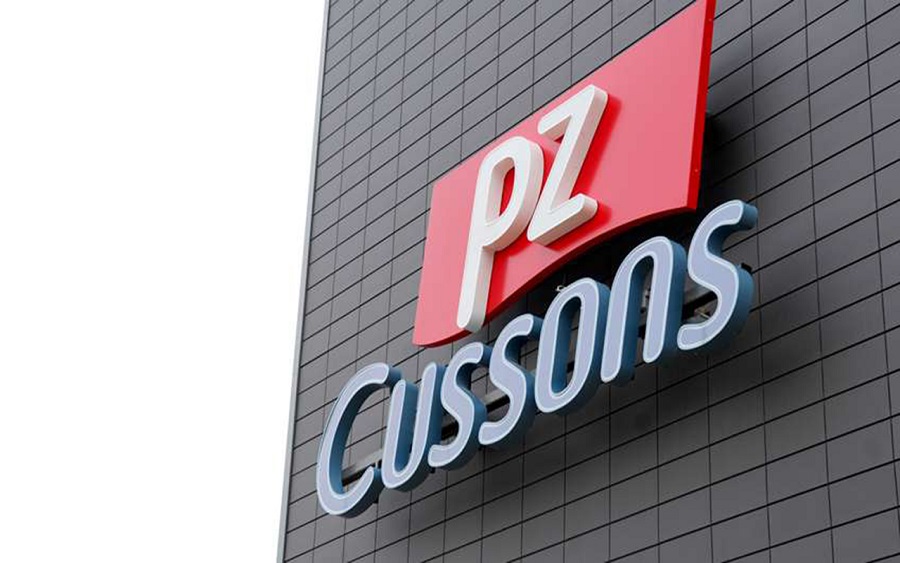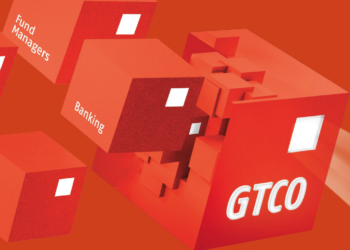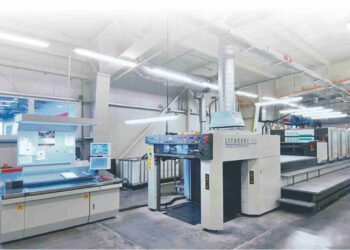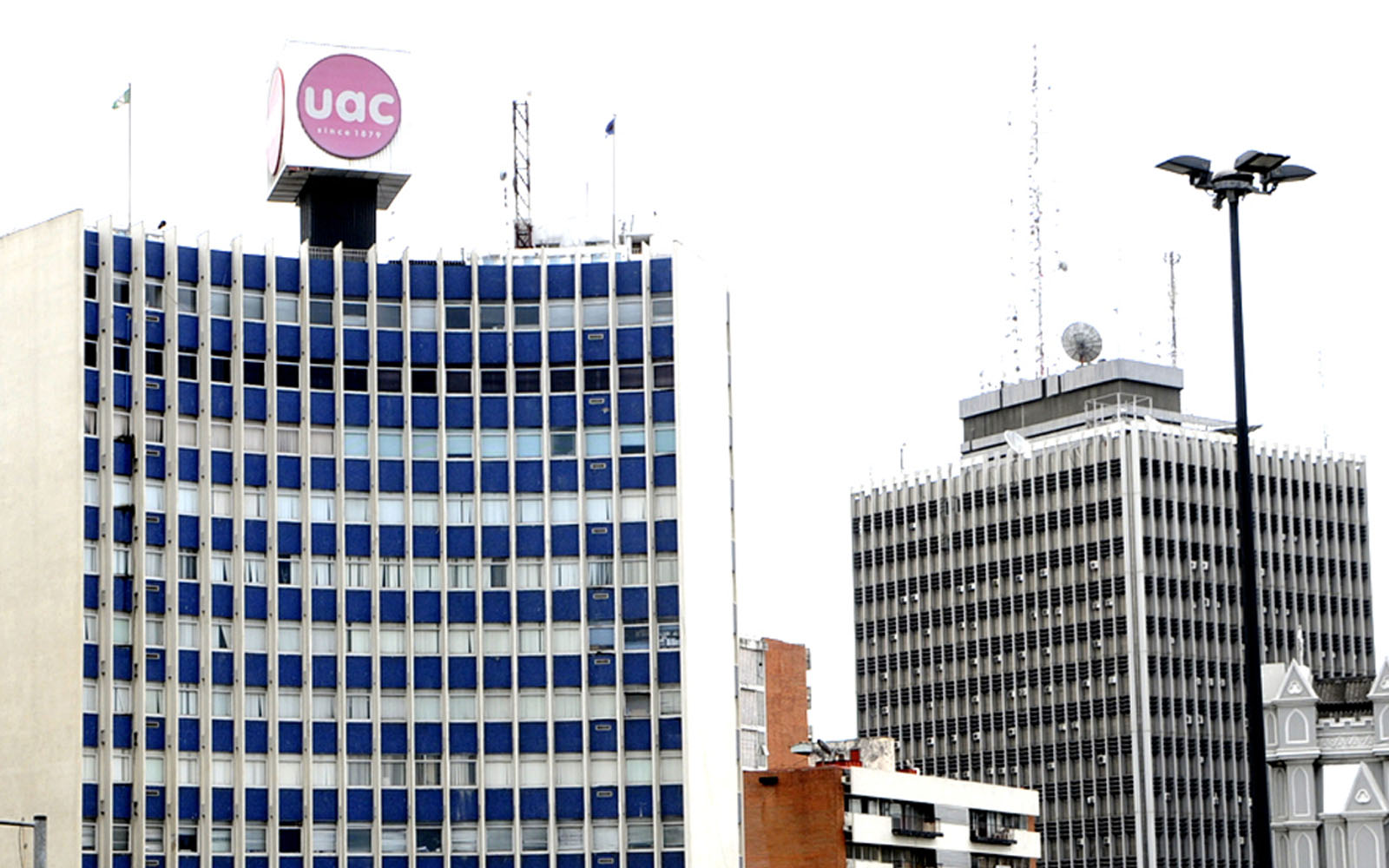Unilever Nigeria Plc has released its unaudited interim report for the nine months ended 30th September 2024.
The company reported a pre-tax profit of N13.96 billion, reflecting 31% year-on-year growth, driven by a 46% increase in turnover to N103.8 billion.
Unilever Nigeria believes that despite ongoing economic challenges, it has delivered impressive results, driven by a combination of operational efficiency, cost optimization, purposeful branding, and expanding market share across key categories.
Commenting on the results, Managing Director Tim Kleinebenne said, “Unilever Nigeria is pleased with the progress we’ve made, leveraging our strengths in operational efficiency, brand purpose, and market expansion. We will continue to enhance our operations in Nigeria to meet the health and hygiene needs of citizens through our products and brands.”
However, while the company emphasizes these strengths as key to its growth, a closer look at the profit margins reveals a more complex story.
A Closer Look at the Profit Margins
Over the past five years, from 2019 to 2023, Unilever’s average gross profit margin stood at 44%. This indicates that, on average, the company maintained healthy gross margins over time.
In 2023, however, Unilever achieved a gross profit margin of 35%, reflecting an 11% decline compared to 2022.
This significant drop signals that the company faced challenges in 2023, which can be attributed to a higher growth rate in the cost of sales relative to revenue.
While the cost of sales increased by 61% year-on-year, reaching N67.8 billion, revenue grew by 51% to N103.88 billion.
According to the notes in the 2023 financial statements, this increase in costs was driven by higher prices for raw materials and consumables due to material cost inflation, the depreciation of the naira, and restructuring costs associated with the exit from the home care segment.
In the first nine months of 2024, the gross profit margin improved to 41.30% up 29%. The 41.3% gross profit margin is a notable recovery from the previous year. While it’s an improvement, being below the five-year average indicates that the company has not yet fully returned to its previous profitability levels.
The gross profit margin indicates the efficiency of production and sales, revealing how much revenue remains after direct costs of goods sold are subtracted.
In contrast, the operating profit margin accounts for additional expenses, such as administrative, marketing, and other operating costs. Thus, a strong gross profit margin does not necessarily guarantee a high operating profit margin if operating expenses rise disproportionately.
In the first nine months of 2024, Unilever Nigeria reported an operating profit margin of 9.8%, a decline of 13% from the previous year. This decrease raises critical questions about the sustainability of the company’s profitability and highlights concerns about cost management.
The company experienced significant increases in administrative and marketing expenses, which surged by 145% to N25.6 billion.
According to the notes to the accounts, this increase was driven by N11 billion in overheads, impacted by the naira’s devaluation against foreign-denominated obligations, as well as investments in capability development and general inflation on goods and services.
Additionally, N12 billion in brand and marketing expenses was attributed to increased media costs for personal care and nutrition categories to support various projects and campaigns. There were also costs associated with investments across brands to enhance product visibility in trade.
The rise in operational expenses shows that Unilever’s overall costs have escalated significantly due to foreign currency impacts, inflation, and strategic investments.
While the increased spending on marketing and capability development could yield future benefits, the short-term pressure on margins suggests that the company must carefully balance these investments with cost controls to restore profitability not only at the operating level but also down the income statement and in terms of return on equity.
Moreover, the pre-tax profit margin is already feeling the squeeze. For the nine-month period of 2024, the pre-tax profit margin declined by 11% to 13.44%, despite a gain of N5.146 billion from exchange differences in bank accounts.
This was reflected in the return on equity, which stands at 13.56%. While a 13.56% ROE may not be considered high, it does not necessarily disqualify Unilever Nigeria as a viable investment. It is important to look at ROE in conjunction with other metrics and overall growth prospects to make informed decisions.
The share price of Unilever Nigeria has shown bullish momentum this year, following a strong performance in 2023. In 2023, the share price recorded a year-to-date gain of 27.59%. As of October 23, 2024, the share price has further appreciated, achieving a YtD gain of 41.2%.
The notable gains observed in 2024, especially following the Q3 results, indicate positive market sentiment.
However, it remains crucial for the company to manage its operational expenses and improve profit margins to sustain this momentum and continue delivering value to shareholders.























